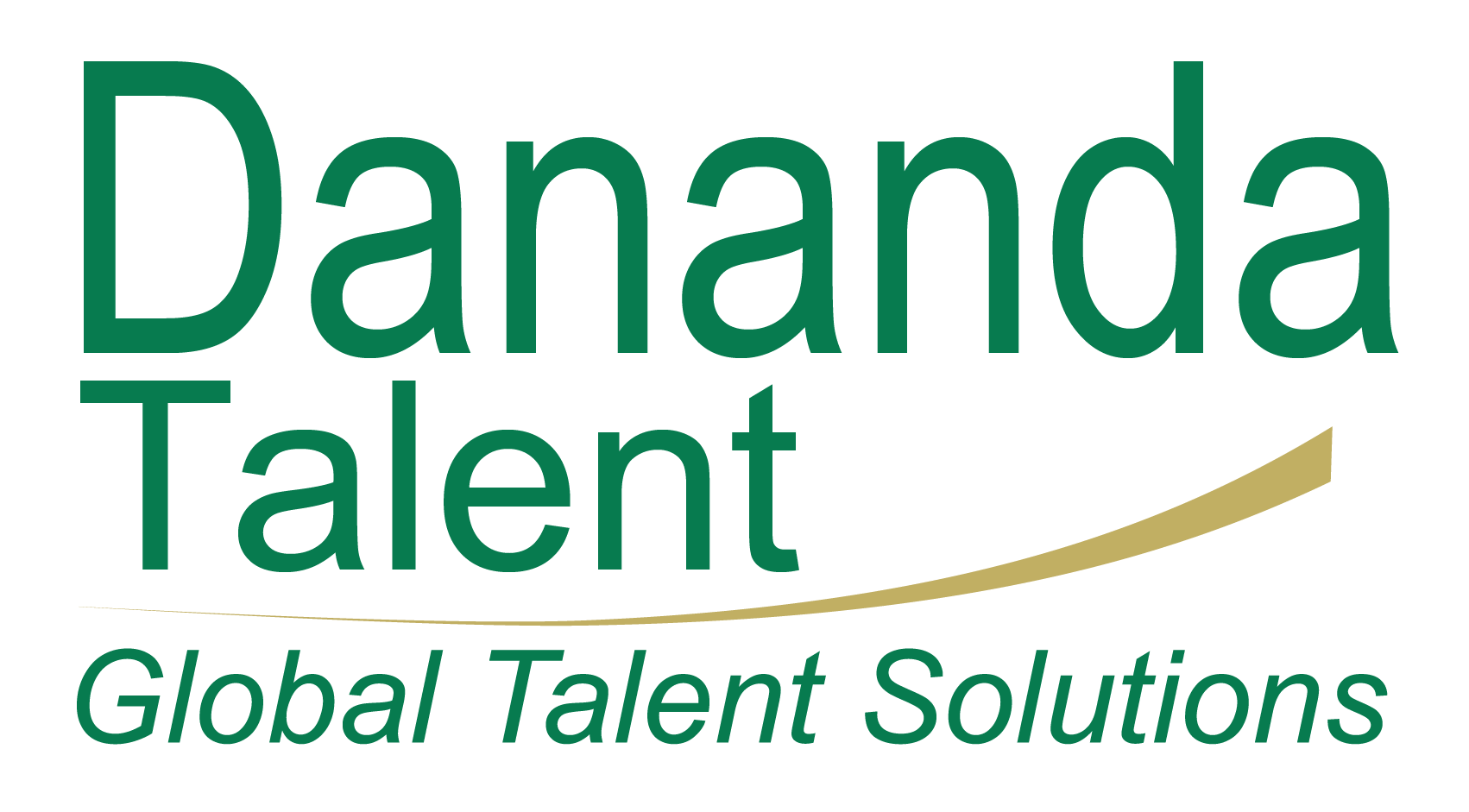As 2025 wraps, South African talent teams are juggling two realities. The local market has its own rules, from POPIA to B-BBEE and Employment Equity reporting. At the same time, your candidates compare you to global employers on flexibility, speed and fairness. Here’s what will actually matter in 2026, in plain language, with South African context and sources.
1) AI-assisted recruiting will speed things up, with POPIA guardrails
AI is already handling chores like screening, scheduling and talent insights. The trick in South Africa is lawful, fair use. POPIA’s Section 71 limits decisions that are made solely by automation if they have a legal or significant effect on a person. If you use automated screening, you need safeguards, transparency and a human check before a final decision.
Why it matters: you get the speed benefits without compliance risk or reputational damage.
2) Skills-first hiring is moving from idea to habit
South Africa has a mature framework that makes skills-based hiring practical. SAQA recognises Recognition of Prior Learning (RPL), and QCTO’s occupational qualifications and skills programmes are designed around real workplace competence. That means you can validate ability with assessments, portfolios and simulations, not just degrees.
Global signal worth noting: LinkedIn’s skills-based hiring research shows larger, more diverse talent pools when employers prioritise verified skills over credentials. The direction of travel is clear.
3) Hybrid is steady, fully remote is selective
The initial swing to remote has settled into hybrid across many sectors. In South African tech, OfferZen’s 2025 data notes hybrid as the dominant policy, with more developers spending time at the office. Broader academic work also shows how sharply remote work expanded here in 2020 and then stabilised. For most roles, flexibility is a differentiator. For some roles, on-site remains essential.
Practical reading: global studies show hybrid has largely plateaued rather than vanished, which helps when you benchmark policies against multinationals.
4) Hire for South Africa’s shortages, not just yesterday’s job profiles
The Department of Higher Education and Training’s 2024 National List of Occupations in High Demand maps where scarcity is real. Use it to sharpen workforce planning, bursaries and talent pipelines. It is a useful anchor for your skills strategy and for conversations with Finance about training budgets.
5) Internal mobility and learning are retention engines
With budgets tight, moving people inside the business beats constant external hiring. South Africa gives you extra levers. Skills Development is a priority element on the B-BBEE scorecard with a sub-minimum to hit, so well-designed learning and learnerships help both retention and compliance.
6) Data-driven and fair hiring will be non-negotiable
Two compliance calendars matter. Employment Equity reporting runs 1 September to 1 October for manual submissions and until 15 January for online submissions. Keep your hiring data clean so EE reporting is painless, and make sure your tools and assessments do not produce unfair discrimination. AI is changing assessments too. Many global employers are adding at least one “AI-free” task to check independent reasoning.
South Africa’s hiring landscape in 2026 will reward teams that blend speed with fairness. Use AI to remove friction but keep decisions human and POPIA-safe. Hire for proven skills, not just credentials, and be clear about how work actually happens in your organisation, whether hybrid, on-site or remote. Treat candidate experience like a performance channel, not an afterthought.
The real edge will come from what happens after the offer. Internal mobility, learning linked to B-BBEE priorities, and clean data for Employment Equity reporting turn recruitment into retention. Pick one role and one workflow to modernise first, measure the lift, then scale what works.
Do that, and you’ll be positioned to compete for scarce skills in South Africa while staying credible to global talent. That is how you turn 2026’s hiring trends into sustained advantage.





